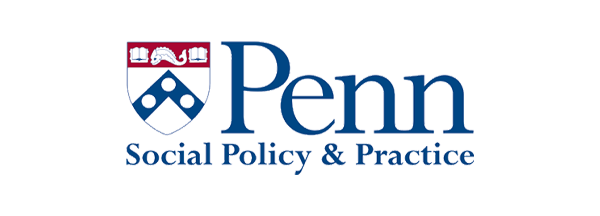Purpose
Disclosure of Serious Mental Illness in the Workplace
Persons with serious mental illness face many obstacles when they enter the workforce. One of those obstacles is the belief that persons with mental illness are only capable of working in menial jobs, if they are capable of working at all. Contrary to this perception, thousands of people with even the most serious mental illnesses (bipolar disorder, major depressive disorder, schizophrenia) are gainfully employed in competitive jobs (earning at least the minimum wage, in a job they obtained independently, and which anyone can apply for, with or without a disability). Many others are capable of working in a competitive job, but their employment has been unstable because of barriers they have encountered. Overall, we know very little about how to help workers and employers manage the disclosure process to minimize those barriers. This research aims to increase our knowledge by addressing the following questions:
- What characteristics, of an individual worker, or their job, or their mental illness, are associated with the decision to disclose mental illness at work?
- How does disclosure affect a worker’s chances of successful gainful employment?
- What about the process of disclosure (what is said, to whom, and why) is associated with positive vs. negative employment outcomes?
The overall goal of the research is to inform best practices for disclosure decisions that will lead to improved employment outcomes for this vulnerable population. The research is supported by a grant from the National Institute of Mental Health, to Arizona State University. Survey data were collected by WestGroup Research in Phoenix, Arizona.
Study Sponsor:

Partners:

